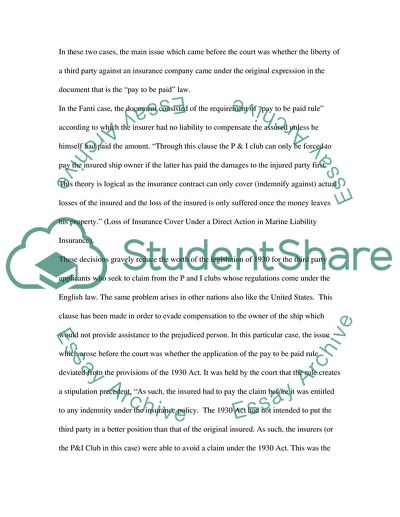Cite this document
(The Complexities of Legal Business and Challenges for HOL and Courts Essay, n.d.)
The Complexities of Legal Business and Challenges for HOL and Courts Essay. Retrieved from https://studentshare.org/law/1736422-law-of-international-insurance-contracts
The Complexities of Legal Business and Challenges for HOL and Courts Essay. Retrieved from https://studentshare.org/law/1736422-law-of-international-insurance-contracts
(The Complexities of Legal Business and Challenges for HOL and Courts Essay)
The Complexities of Legal Business and Challenges for HOL and Courts Essay. https://studentshare.org/law/1736422-law-of-international-insurance-contracts.
The Complexities of Legal Business and Challenges for HOL and Courts Essay. https://studentshare.org/law/1736422-law-of-international-insurance-contracts.
“The Complexities of Legal Business and Challenges for HOL and Courts Essay”, n.d. https://studentshare.org/law/1736422-law-of-international-insurance-contracts.


